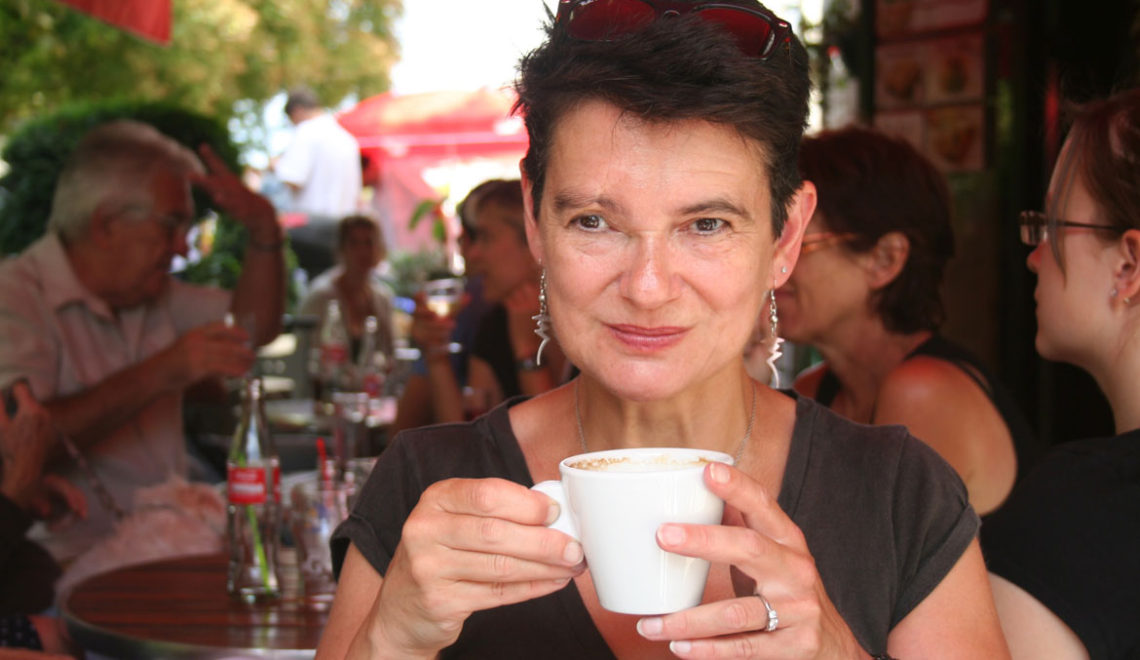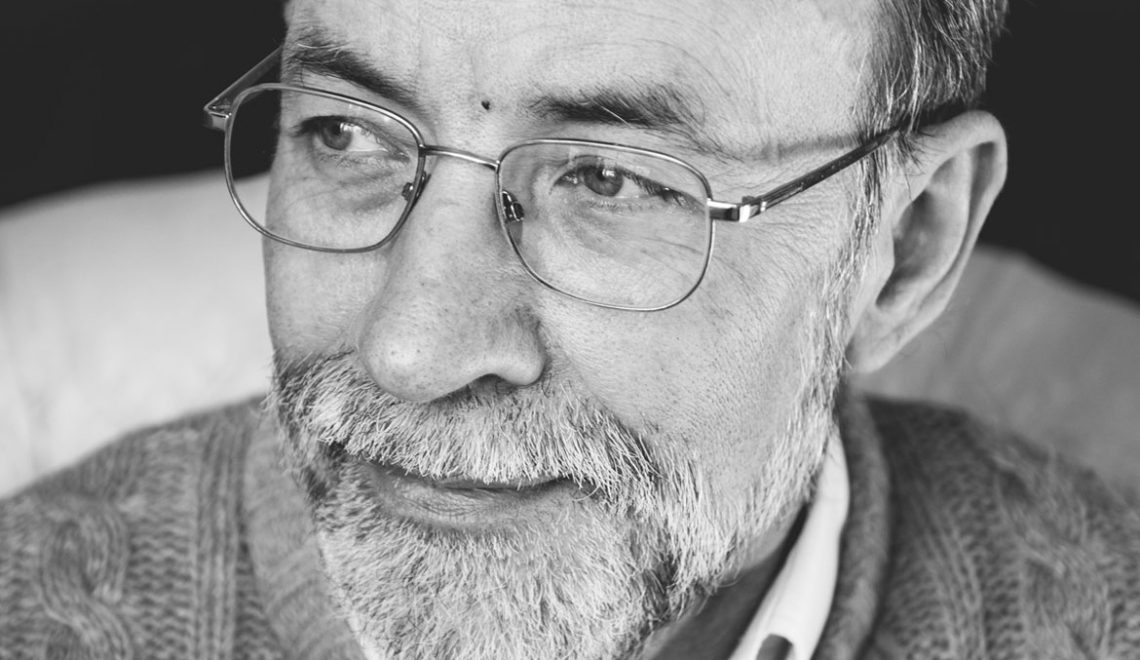
Diane Coyle is Professor of Economics at the University of Manchester and Founder of Enlightenment Economics. In addition to that, she is a Fellow of the Office for National Statistics and a Member of the Natural Capital Committee. Furthermore, she is the author of several books, including GDP: A Brief But Affectionate History (2014), The Economics of Enough (2011) and The Soulful Science (2007), Sex, Drugs and Economics (2002), Paradoxes of Prosperity (2001), Governing the World Economy (2000) and The Weightless World (1997). In this interview, we have touched on a wide range of topics from her time as Vice-Chair of the BBC Trust, to her favourite books, spoiler alert – one of them is The Second Sex by Simone de Beauvoir. It has been a pleasure to interview Diane and we hope you enjoy reading about her journey.
Introduction
Q: What is your dinner party monologue for when someone says “and what do you do?”
A: Monologue? I’m not such a boring guest. I just say, ‘I’m an economist.’
Early Life
Q: Could you tell us about where you grew up; were you a rural or city dweller?
A: A small Lancashire mill town, grimy and urban but surrounded by the Pennine countryside.
Q: What subject(s) did you excel at in school, and which did you find most challenging?
A: History, Maths, French vs PE and Art.
Q: Can you recall any reoccurring comments from your school reports?
A: “Works hard”.
Academic Education
Regarding your undergraduate studies:
Q: Which University did you study at, and was it your first choice?
A: Brasenose College, Oxford. And yes.
Q: What undergraduate degree did you study for at University, and in hindsight would you select the same subject again?
A: Philosophy, Politics and Economics (PPE), and yes.
Q: Can you remember a University lecturer who really inspired you?
A: Peter Sinclair, then my economics tutor, now a distinguished Professor at Birmingham University.
Regarding your postgraduate studies:
Q: What motivated you to further pursue academia?
A: I’d discovered I loved economics and needed another degree if I wanted a related job. I applied for scholarships to US universities because a friend had done so, and was successful.
Q: What institution(s) did you study at in your pursuit of postgraduate education?
A: Harvard University.
Q: What was the title of your PhD thesis, and how would you explain your findings to a novice?
A: ‘The dynamic behaviour of employment.’ I looked at how wages and employment varied over the business cycle in different US industries to test the economic theories popular at the time, which were trying to explain why real wages didn’t fall enough to keep employment levels high during a recession. There was some support in the data for the idea that employers want to retain workers to see out a temporary dip. But the main thing I learned was that different industries have extremely different patterns, and stories about the aggregates or averages will miss a lot of important features.
Q: If you had your time as a student again, what would you do, if anything, differently?
A: I’m not sure I would do much differently – I loved being a student. But I should have travelled more and been less scared.
Career
Q: Could you tell us a little about your professional journey to date?
A: Varied. First job in the UK Treasury, private sector economic forecasting, economic journalism, setting up a small consultancy, various (part-time) public service roles, and now academia.
Q: What do you think is your biggest achievement?
A: No single thing, but a long record of communicating economics, trying to make it more open and accessible to the public – through my journalism and books but also founding the annual Festival of Economics, and involvement in the CORE Economics project which has created a brilliant open access curriculum and text, The Economy.
Q: Can you tell us about your current professional focus?
A: For 20 years I’ve been thinking and writing about the economic and social consequences of digital technology. At present I’m involved in research on how to measure the modern economy (as part of the new Economic Statistics Centre of Excellence and an ONS Fellow); I think this question of measurement – how are activities classified and valued? – is inextricably linked to how we conceptualise the economy., and what policies get adopted.
Q: Let your imagination take over for a minute and tell us what you hope your successors will be working on in 2116?
A: I hope existing disciplinary silos will have disappeared and researchers will be working together on problems and the braiding of different strands of expertise needed for specific questions. All the interesting work takes place in the borderlands.
Q: What do you feel your professional legacy will be?
A: It’s impossible to assess for oneself. One thing I hope will have long-lasting effects, though, is through my teaching of public policy economics to students who will go on to jobs where they can apply what they learn from me about the need to combine the rigour of economic analysis with an understanding of context, history, politics, society…. Economic research is nothing like the stereotype critics of the subject have in mind, but the simplistic ‘Econ101’ version clings on in public policy debate, partly because the people in positions of influence now were students of economics 20 or 30 years ago. The curriculum fell way behind the research community, although I think that’s now changing rapidly.
Current Projects
Q: Are you working on any extra-curricular projects at the moment, such as: books, podcasts, websites, or speaking?
A: I’m going to be writing two books in the next three years, one on public policy economics, one on economic measurement (following up on GDP: A Brief but Affectionate History). I have a blog where I review economics books, The Enlightened Economist.
Advice and Tips
Q: If you could give your 18-year-old self one piece of advice, what would it be?
A: Be brave. Be open to opportunities; don’t turn them down because you lack confidence.
Be brave. Be open to opportunities; don’t turn them down because you lack confidence.
Q: What advice would you give someone looking to start, or progress his or her career in your field?
A: Too few economists develop a wide enough range of knowledge and skills – like any discipline, it’s easier to be narrow and focused. So my advice would be to read widely, to observe economic life with great attention to detail, and to learn how to listen and to write as well as how to do the bread and butter work of economics (which is finding data and analysing it using careful statistical techniques).
Q: Which book would you say has had the biggest impact on your life?
A: The Second Sex by Simone de Beauvoir.
Q: If you could recommend one book to a novice in your field, what would it be?
A: Reinventing the Bazaar by John McMillan.
Q: Why do you think being a freethinker is important?
A: There is no alternative.
Conclusion
Q: And finally, we are back at the dinner party. Someone offers you a drink, what do you ask for?
A: A glass of white wine – always the same.
Feature photo from cellanr [CC BY-SA 2.0], at Flickr.
If you’d like to find out more about Professor Diane Coyle you can check out her academic profile, personal blog, Twitter page and Wikipedia page.
Books Recommended by Professor Diane Coyle
The Second Sex by Simone de Beauvoir
GDP: A Brief but Affectionate History By Diane Coyle
Reinventing the Bazaar by John McMillan
Advertisement









